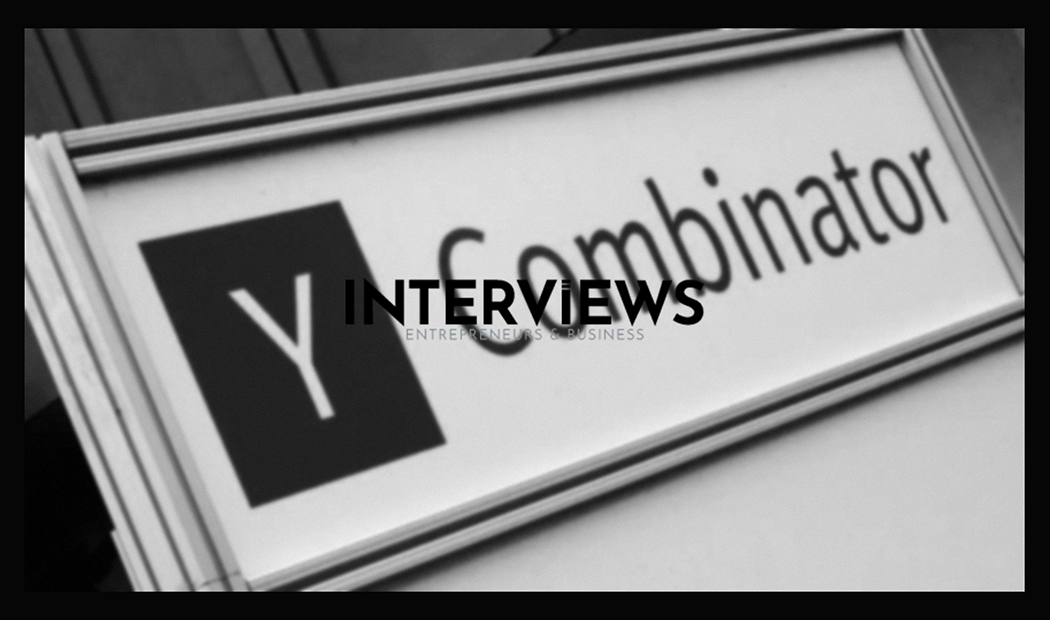Decoding the Y Combinator Enigma: Is It Really Harder to Get Into Than Harvard?
You dream of startup glory, right? Silicon Valley whispers, “Y Combinator.” It is the golden ticket. But before you draft your application, let’s discuss reality. How tough is it to get into Y Combinator? Is it truly more selective than Harvard? Let’s delve into the details.
The Great Gatekeeper: Y Combinator Acceptance Rate
YC’s acceptance rate is low. It hovers around 1.5% to 2%. Some sources say up to 3%. But competition is fierce. Over 10,000 companies apply every three months. YC picks about 1% of those. Consider this: Out of 100 startups, maybe one gets selected.
In 2011, Paul Graham noted a 3% rate. Today, application numbers have risen. That percentage likely shrank further. Reports suggest YC reviews over 15,000 applications, some say 30,000. Regardless, getting into YC is like winning the lottery. Luck, strategy, and hard work matter.
Selectivity: Harder Than Harvard?
Is YC harder than Harvard? It’s a spicy claim to highlight YC’s prestige. Direct comparisons are tricky. Yet, the selectivity is clear. YC is one of the most sought-after accelerators in the world. The low acceptance rate fuels this perception. That selectivity shows the program’s value. Getting into YC often changes a startup’s trajectory.
The Interview Hurdle
Applying isn’t enough; you need an interview. The interview rate isn’t bright either. Estimates say about 3% make it to interviews. Other figures suggest 7%, but that’s still a small slice. Think of it as climbing Everest. Many never reach base camp.
Competition: Welcome to the Thunderdome
Competition is intense. You’re not just against local apps. You face a global army of founders. All want the same funding and resources. Those long odds mean even strong companies may get a “no.” It’s a tough crowd. Only exceptional startups will break through.
Cracking the Code: Factors Influencing YC Acceptance
The battlefield is brutal. But what gives startups an edge? There are no secret ingredients, but some factors boost your chances of a “yes.”
Team Dynamics: Solo Founder Showdown
Can you go solo? Yes, YC accepts solo founders. But the bar is higher for them. They need to show outstanding traction or strong early validation. Why? Building a startup is a marathon. A team shares workload and risk. Even today, a technical co-founder is vital.
Application Quality: Words Matter (A Lot)
It’s obvious but worth repeating: you need a stellar application. It’s your first impression on paper or screen. Sloppy applications? Goodbye. Founders must express their product and key metrics clearly. Clarity is king. Explain your product and vision compellingly.
Innovation and Clarity: The “Aha!” Moment
YC seeks innovation, not me-too startups. If your pitch resembles many others, your chances decline. You need something fresh and unique. Clarity of offer is essential too. If you cannot explain your value quickly, you’re in trouble.
Inside the YC Machine: Program Structure and Funding
Let’s look at what Y Combinator offers. It’s not just prestige; it’s a structured experience designed to help startups grow.
Batches: More Often, Smaller Bites
YC runs four batches yearly: Winter, Spring, Summer, and Fall. This sounds like more opportunity, right? However, about 500 startups go through annually – roughly the same as before. Each batch is now smaller and more competitive.
The Interview Gauntlet: Fast Decisions, Feedback Gold
If you reach the interview stage, prepare for a video conference showdown. The process is quick with decisions made on the same day as your interview. Even if it’s a “no,” YC provides detailed feedback. This feedback is valuable and rare among accelerators.
Funding: The Half-Million Dollar Deal
Now, let’s talk money. YC invests $500,000 standardly. The breakdown? $125,000 for 7% equity. An additional $375,000 comes through an uncapped SAFE note with an MFN clause. YC puts significant capital down, giving startups crucial runway and resources.
Location, Location, Location: Bay Area Bound
A catch exists. YC expects relocation to the Bay Area during the program. But YC doesn’t cover housing or relocation costs. So consider those Bay Area living expenses in your startup budget if you aim for YC.
The YC Halo: Prestige, Network, and Startup Superpowers
The real allure of Y Combinator isn’t just funding or structure. It revolves around prestige, networks, and enhancing your startup’s success odds.
Reputation: The Gold Standard
YC has a superb reputation. It’s seen as the most prestigious startup accelerator globally. Think of it as Harvard or Stanford of startups. Being a YC alum opens doors with investors and talent.
Network Effect: Connections That Count
The YC network is legendary. Being part of it provides access to successful entrepreneurs and seasoned investors. This isn’t just a contact list; it’s an ecosystem of support and opportunity. The network itself is worth the price of admission.
Success Stories: The YC Alumni Hall of Fame
Need proof of YC’s impact? Look at its alumni: Airbnb, DoorDash, Dropbox, Instacart, and more. These names are household names and tech giants – all graduates of YC.
YC is a prime example of success. It has a strong record in launching companies that redefine industries and shape the future.
Outcomes: Beating the Odds
YC startups perform better overall. They have a higher survival rate than the average startup. About 45% of YC startups secure Series A funding, while only 33% of others do. The unicorn club? 4.5% of YC companies reach unicorn status. These numbers reflect significant success metrics.
Success and Failure: YC’s Real Numbers
The truth about startups involves failure. Not all YC companies become unicorns. But what is the overall fate of YC companies?
Success Rate: Staying Alive
YC batches are statistically successful. Around 54% of companies from the last 16 batches remain active. Over 50% of YC companies older than five years are still in business. About 16% of these firms have exited, either through acquisition or IPO. This shows strong long-term viability.
Failure Rate: Real But Improved
Although YC companies do better, failure still exists. The failure rate is about 18% for YC startups. This is a vast improvement over the average 90% failure rate. Yet older YC batches show a failure rate near 40%. This means YC gives an advantage, yet success remains risky for all.
The Bottom Line: Is YC Worth It?
Is Y Combinator worth the price, the tough application, and the fierce competition? It depends on what your startup needs. There is no simple answer.
Industry Agnostic: Open to All
YC welcomes ideas from all industries. Their focus spans from biotech to blockchain, SaaS to space tech. Innovation is key.
Rejection Happens: That’s Okay
Rejection is usual. If you’re not accepted, YC provides feedback. This input is useful. It can help refine your pitch and sharpen focus for next time. Not getting into YC is not a failure. It’s just part of the startup journey.
The choice to apply to YC is strategic. Weigh the pros and cons, assess readiness, then enter the arena. The odds are tough, but rewards can be massive.





